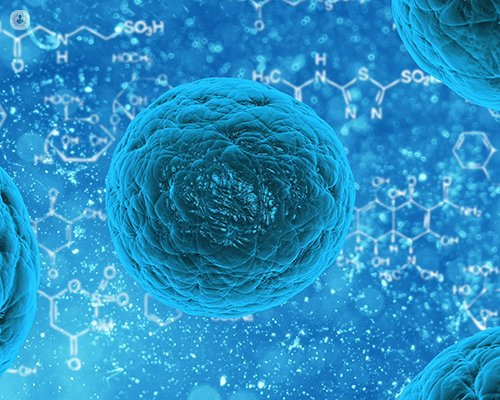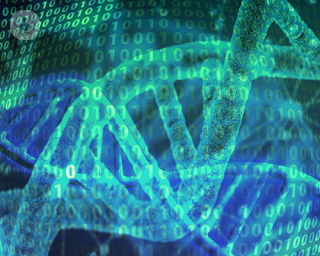Genetics of cancer
Dr James Mackay - Medical oncology
Created on: 09-22-2020
Updated on: 09-20-2023
Edited by: Kate Forristal
What exactly is meant by cancer genetics?
Whatever way we look at it, cancer is a genetic disease. Whilst some types of cancer are known to run in families, not all cancers are linked explicitly to inherited genes. However, it is the gene changes that occur in a single cell over the course of a person's lifetime that cause most cases of cancer.
Therefore, undoubtedly, there is a complex relationship between genes and cancer, and hence the genetics of cancer or cancer genetics field is one that is constantly being researched in order to increase our knowledge when it comes to cancer and genes, and more specifically how and why changes in one's genes leads to, in the majority of cases, cancer diagnosis. It is hoped that understanding this relationship better and in more detail will lead to improvements in diagnosis, prevention, treatment, and potentially, a cure for cancer.
Clinical geneticists are the specialists who would typically be responsible for carrying out cancer genetic testing.

How are cancer-causing genetic changes typically acquired throughout one's lifetime?
Normally, cancer-promoting genetic changes can be inherited and acquired directly from our parents only in the scenario whereby the genetic changes occur in germ cells. Germ cells are the reproductive cells of the human body (the eggs and the sperm). These changes are, in medical terms, commonly labelled germline changes.
Errors that occur when various body cells divide, and exposure to harmful substances that harm the DNA such as tobacco smoke and radiation from the sun, can both also cause cancer-promoting genetic changes in one's body throughout their lifetime.
Can inherited genetic changes cause hereditary cancer syndromes?
It is estimated that inherited genetic mutations are somewhat responsible for between five and 10 per cent of all cancers. Moreover, experts have carried out extensive research that has shown that certain specific inherited genetic cell changes are indeed directly associated with more than 50 hereditary cancer syndromes.
What are hereditary cancer syndromes?
Hereditary cancer syndromes, also known as hereditary cancer predisposition syndromes, are a group of genetic disorders that increase an individual's risk of developing certain types of cancer. These syndromes are caused by specific genetic mutations that are passed down through families. People with hereditary cancer syndromes have a higher-than-average chance of developing cancer at a younger age and often have multiple family members with the same or related types of cancer. Understanding these syndromes is important for early detection and management of cancer risk





